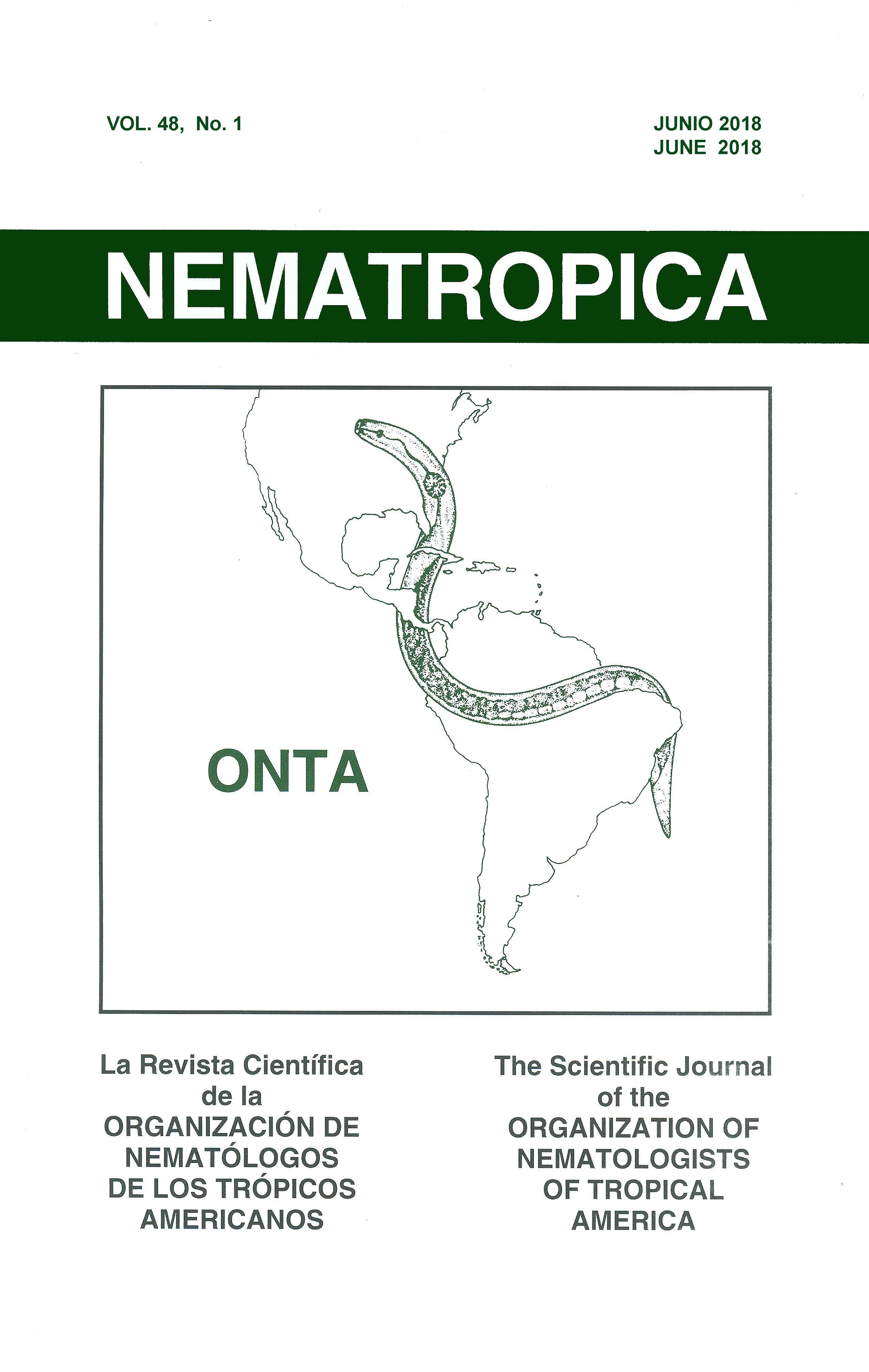ABAMECTIN, THIOPHANATE-METHYL, AND IPRODIONE FOR MANAGEMENT OF STING NEMATODE ON GOLF TURF
Keywords:
abamectin, Belonolaimus longicaudatus, iprodione, nematode management, pesticide, sting nematode, thiophanate-methylAbstract
Sting nematode (Belonolaimus longicaudatus) is an important nematode pest of turfgrasses in the southeastern United States. Three pesticides, including an insecticide (abamectin) and two fungicides (thiophanate-methyl and iprodione), were evaluated for efficacy against sting nematode in greenhouse and field trials. In the greenhouse, maximum labeled rates of the three experimental pesticides were evaluated for nematicidal effects on sting nematode on creeping bentgrass and were compared to untreated control and the industry standard nematicide fenamiphos treatments. In the greenhouse, all the pesticides demonstrated activity against sting nematode. A 2-yr field trial was conducted on a ‘Jones Dwarf’ bermudagrass putting green infested with sting nematode. This trial evaluated treatment regimes that included the three experimental pesticides singly, in combination, and in rotation. Regimes that included abamectin and/or thiophanate-methyl decreased numbers of sting nematode and improved root lengths compared to the untreated control in the second year. Regimes that included abamectin had the greatest impact on turf percent green cover, increasing green cover compared to the untreated control on most evaluation dates in both years.

